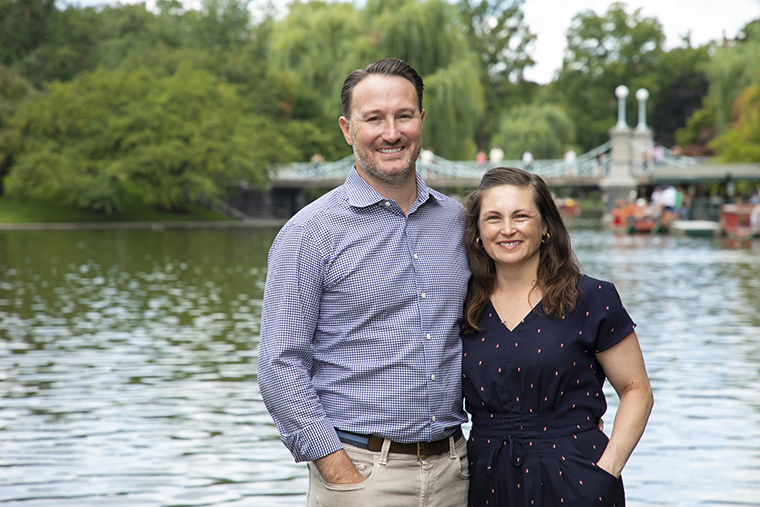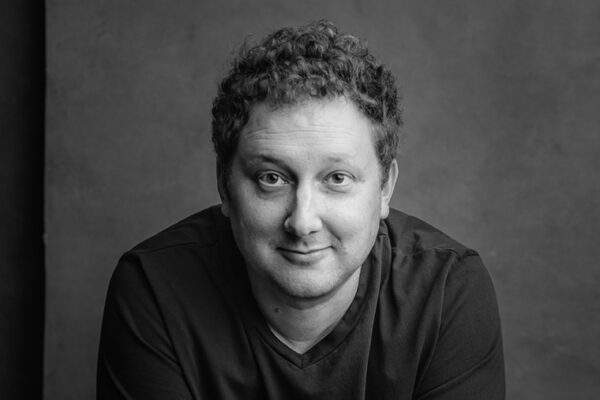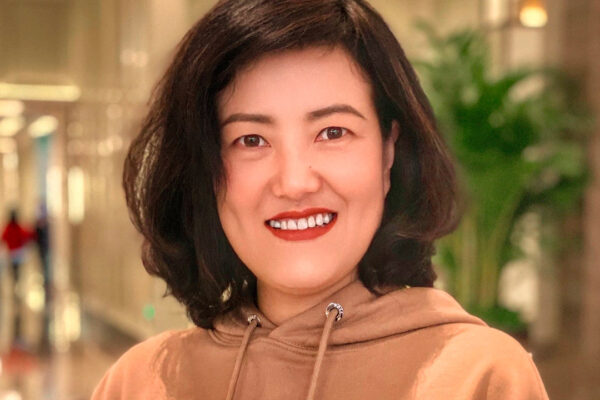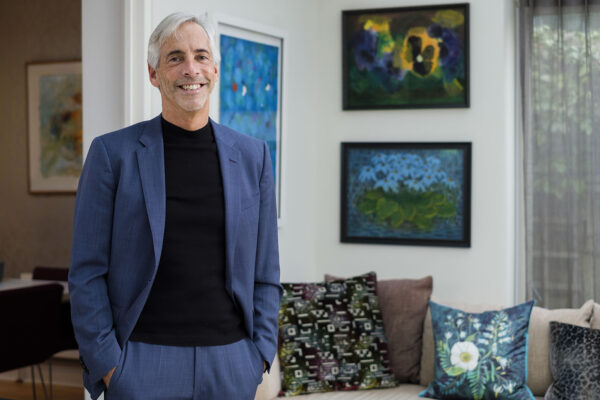When Josh Mandel-Brehm, AB ’05, was at WashU, there were two main roads a biology major could take: “You go on to get a PhD or become a doctor,” he says.
At that time, biotech as an industry and job generator was still in its nascent stages, but it has greatly evolved since. And almost two decades since graduating, Mandel-Brehm’s company is responsible for further pushing the boundaries of that ever-growing field.
Mandel-Brehm is the president and CEO of CAMP4, a Cambridge, Massachusetts–based company whose “mission is to pioneer the field of regulatory RNAs,” Mandel-Brehm says. Under his stewardship, the company recently completed its Series B financing (the third round of funding for a business through investment), raising $100 million to further its work of harnessing the power of RNA to restore healthy gene expression.
It’s been a long process of building relationships with investors, one that involves, per Mandel-Brehm, “taking time to know them, hear their feedback, answer their questions and share how we can create value with the money that is invested.”
Over that time, Mandel-Brehm has learned a great deal. “The best advice I received was ‘that the minute you think you’ve got this figured out, you’re in deep trouble,’” Mandel-Brehm says. “That means: One, always stay humble, and two, know that this is a constant journey of learning. It’s deeply personal. We care as much about the people as we do the drugs we’re making. I couldn’t imagine working anywhere else.”
The $100 million (made possible via funds from Polaris Partners, 5AM Ventures, Andreessen Horowitz, hedge funds and other investors) will now help CAMP4 realize its vision: developing new medicines for diseases that have no treatments. The first program, a potential treatment for a rare genetic epilepsy known as Dravet Syndrome, will enter clinic trials in 2023. Following in tow is a fleet of new medicines for a range of metabolic and central nervous system diseases.
“It’s a very exciting moment for us,” Mandel-Brehm says. “It’s the first opportunity we’ll be able to test our area of biology in a clinical trial to help patients; it’s really a testament that our work is more than a science experiment.”
Currently, the company is investigating Dravet syndrome, a form of genetic epilepsy that affects children and adults, and it will test its new drug to treat the disease. It’s an ambitious task, but one that matches the scale of the company’s name and mission.
“One of our founders is a great outdoorsman. And I told him that I wanted to come up with a name that is aspirational in nature. I said maybe disease is like a mountain, and you’re trying to scale, get to the top of it,” Mandel-Brehm recalls. This yielded the name CAMP4: the final camp before a climber’s ascent toward Mount Everest’s summit. It’s also the name of a location in Yosemite where the greatest rock climbers in the world go to train and push their limits.
Similarly, “We’re pushing the limits of biology to treat disease,” Mandel-Brehm says.
While that is a herculean effort, it’s also one that can quickly make you modest. “The name signifies a humbling journey — venturing up Mount Everest is humbling, so the company name connects with that story,” says Nicole Hodgman, BSBA ’06, director of insights and solutions for Liberty Mutual and Mandel-Brehm’s wife.
“I’m most excited about making the next great biotech company — a place that students coming out of WashU look to, that others look to CAMP4 and say, ‘That’s the most innovative company around.’”
Josh Mandel-Brehm
The two met as undergrads in what was also a humbling journey: Hodgman, a freshman, worked at the Athletic Complex, and Mandel-Brehm, a sophomore, would work out there while also “trying to get her number. But she wasn’t interested,” he says with a laugh. “Yet I convinced her to come to a party we were having, and then she started to talk to me a little bit.”
The two now reside outside Boston and are members of the Eliot Society. Further, Hodgman is an alumni recruiter and Mandel-Brehm is interested in creating a yearly panel with WashU biotech alumni who have started companies, and in sharing his experience with WashU students who may be interested in getting into biotech.
“I stay closely connected as an alumni recruiter, and the biggest reason for that is WashU has given us lifelong relationships that have had meaningful impacts on our lives,” Hodgman says.
“We both say WashU did more for us than maybe we did for it, so we’re trying to pay back,” Mandel-Brehm says. “I’m most excited about making the next great biotech company — a place that students coming out of WashU look to, that others look to CAMP4 and say, ‘That’s the most innovative company around.’”



